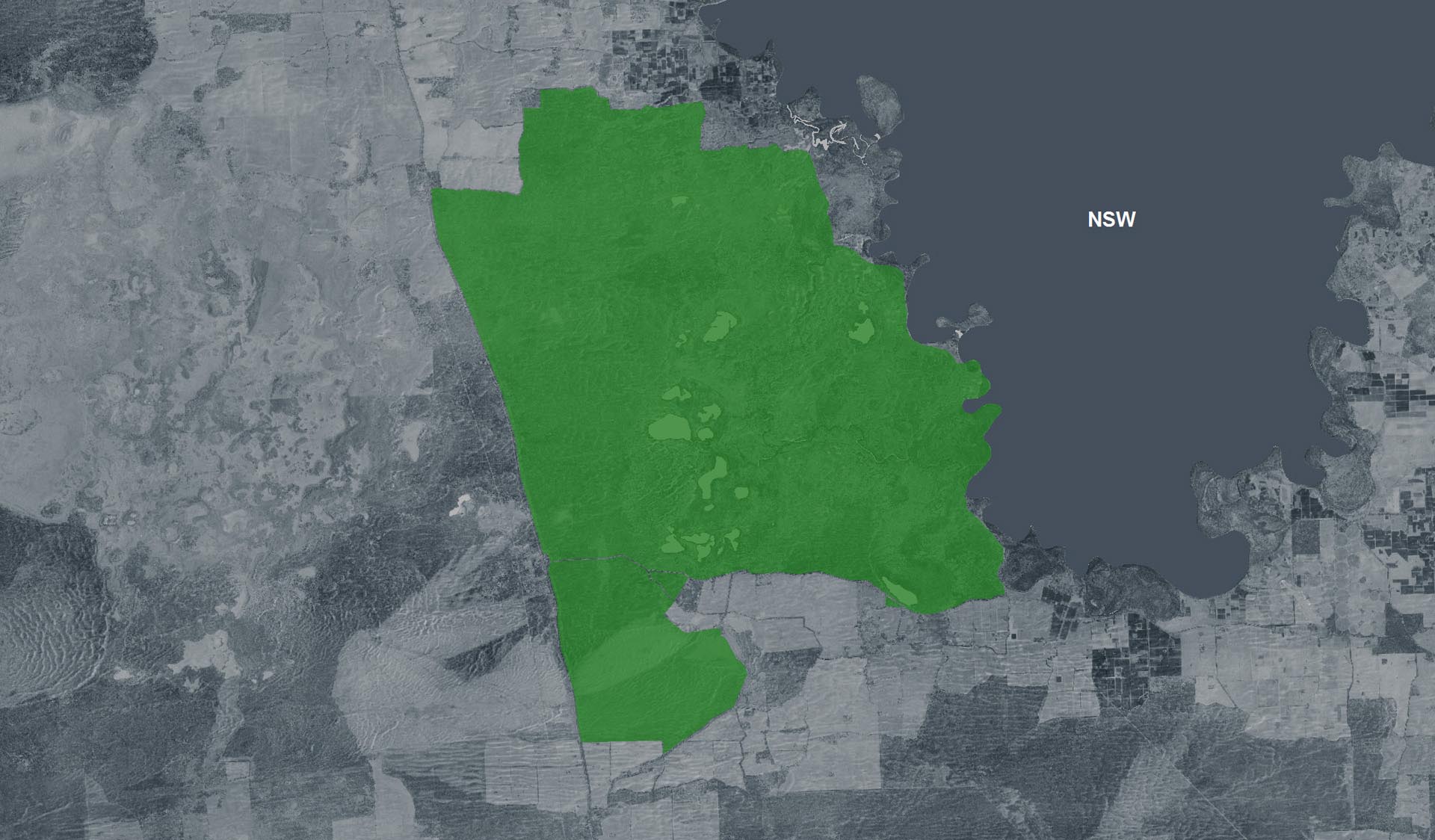Explore
Lake Hattah Camping Area (Hattah-Kulkyne National Park)
How to get there
Lake Hattah Camping Area (Hattah-Kulkyne National Park)
Need to know
Lake Hattah Camping Area (Hattah-Kulkyne National Park)
Safety in nature
You can benefit both mind and body when you get outdoors to explore and experience Victoria's natural places. Before you go, take a look at our safety tips and check our changed conditions and closures information for a great visit.
Accessibility
Visiting a park can be more of a challenge for people with disabilities, however, in Victoria there are a wide range of facilities to help people of all abilities enjoy our wonderful parks around the state. Parks Victoria provides a range of a equipment, including all-terrain and beach wheelchairs, facilities, accommodation and accessibility information and programs to help you plan and enjoy your visit to Victoria's parks.
Assistance dogs are welcome in Parks Victoria parks and reserves. Entry requirements apply for parks and reserves that are usually dog prohibited, such as national parks.
Warnings & Restrictions
Dogs
Restrictions
- No firearms allowed
- No horses
- No generators
- No dogs allowed
- Fees apply
Warnings
-
Other warnings
- Limbs may fall take care
-
Water hazards
- Deep water
- Shallow water
-
Animals and pests
- Snakes
Be Prepared
Change of Conditions
Nature being nature, sometimes conditions can change at short notice. It’s a good idea to check this page ahead of your visit for any updates.
Park Closure - Conservation Program
Attachments: Hattah Kulkyne National Park and Murray Kulkyne Outline Map (347KB)
Partial closure - fire
Attachments: Hattah Road Closures 27 Jan 2026 (680KB)


